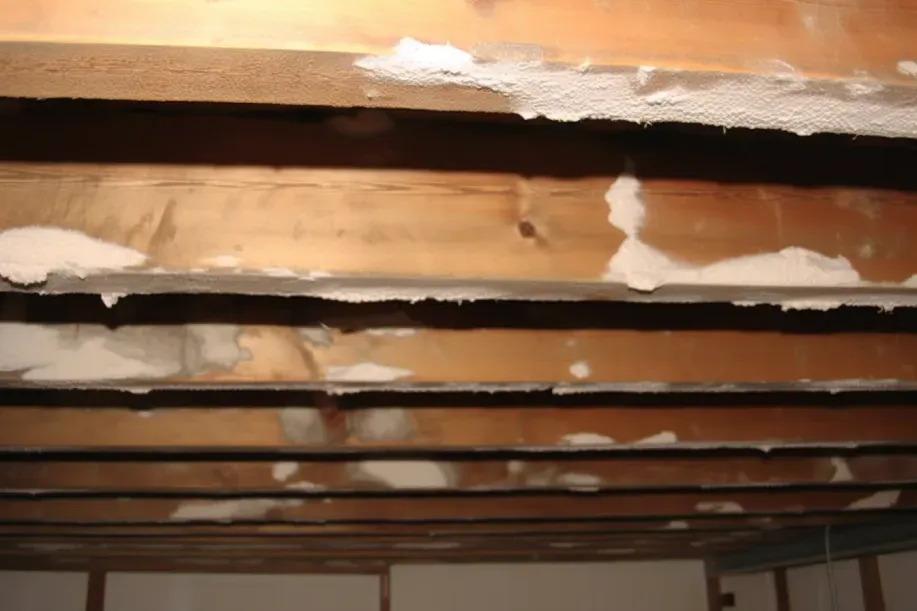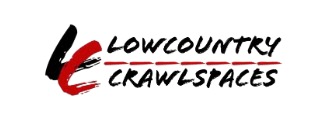Impact of Mold on Home Value
Mold, a pervasive issue in many homes, often goes unnoticed until it becomes a significant problem. This blog aims to bring to light the common yet frequently underestimated issue of mold in residential properties. Mold is not just a minor inconvenience; it represents a serious concern for homeowners, both in terms of health and property value.
In this initial discussion, we delve into how the presence of mold can affect the value of a property. Mold infestation can lead to a range of problems, from structural damage to health risks, which in turn can significantly diminish the appeal and market value of a home. Potential buyers are often deterred by the presence of mold, concerned about the costs and efforts required for remediation, as well as the potential health implications.
Furthermore, we will explore the various factors that contribute to mold growth in homes, such as moisture issues and poor ventilation, and how these factors can be addressed. Understanding the root causes of mold is essential for homeowners not only to tackle existing mold problems but also to take preventive measures to protect their investment.
Join us as we navigate the complexities of mold in residential settings, its implications on property value, and the steps homeowners can take to mitigate this issue. Whether you are a homeowner, a prospective buyer, or simply interested in residential property management, this blog offers valuable insights into the impact of mold and effective strategies for dealing with it.
The Basics of Mold in Homes
Mold is a common issue in many homes, yet its presence and impact are often misunderstood. This section of the blog aims to provide homeowners with essential information about mold, including what it is, the conditions that lead to its growth, and why it is a significant concern for homeowners in terms of both health and structural integrity.
What is Mold?
Mold is a type of fungus that can grow both indoors and outdoors. It reproduces by releasing spores that can be found in the air and can grow on various surfaces, especially in moist and warm conditions. Here are some key points about mold:
- Growth Conditions: Mold thrives in environments with moisture, organic material to feed on, and adequate warmth. Common sources of indoor moisture that can lead to mold growth include leaks, flooding, condensation, or high humidity.
- Common Types in Homes: There are thousands of mold species, but some common types found in homes include Aspergillus, Penicillium, Cladosporium, and Stachybotrys (often known as black mold). Each type of mold can have different characteristics and health implications.
Why Mold is a Concern for Homeowners
Mold in homes is a significant concern due to its potential impact on health and the structural integrity of the building:
- Health Risks: Exposure to mold can cause a variety of health issues, especially for individuals with allergies, asthma, or compromised immune systems. Common health effects include respiratory problems, allergic reactions, and in some cases, more severe health issues.
- Structural Damage: Mold can damage building materials, leading to structural problems over time. It feeds on organic materials like wood and drywall, causing them to deteriorate, which can compromise the structural integrity of a home.
- Property Value: The presence of mold can also negatively impact the value of a property. It can be a red flag for potential buyers and may lead to costly remediation efforts.
Understanding the basics of mold is crucial for homeowners to effectively address and prevent mold issues, ensuring a healthy living environment and maintaining the value of their property.
Mold's Impact on Property Valuation
Mold is not just a health or structural issue; it also plays a significant role in the real estate market, particularly in terms of property valuation. This section of the blog explores how the presence of mold affects buyer perceptions and the overall desirability of a property, as well as its quantifiable impact on home value.
Perception of Mold in the Real Estate Market
The presence of mold in a property can significantly influence buyer perceptions and decisions in the real estate market. Here's how mold affects property desirability:
- Negative Buyer Perceptions: Mold is often associated with poor maintenance, health risks, and additional costs for remediation. This perception can deter potential buyers or lead them to reconsider the value of the property.
- Impact on Property Showings: Properties with visible mold or a history of mold issues may experience fewer showings. Buyers and real estate agents are cautious about mold's potential risks, which can lead to a decrease in interest.
- Negotiation Leverage: Buyers who are still interested in a mold-affected property often use the presence of mold as a negotiation point, typically resulting in lower offers to account for the cost of mold remediation and associated repairs.
Quantifying the Impact on Home Value
Mold can lead to a tangible decrease in property valuation. Here's a discussion on how this occurs:
- Cost of Remediation: The expense of professional mold removal and repair of any related damages can be substantial. These costs are often reflected in the property's valuation, either as a direct reduction in selling price or as concessions made during negotiations.
- Impact on Comparable Sales: Properties with mold issues often sell at lower prices compared to similar, mold-free properties in the same area. This disparity can affect the overall market value of the property.
- Long-Term Effects on Value: Even after remediation, a history of mold can impact a property's value. Full disclosure laws in real estate mean that a history of mold must be disclosed to potential buyers, which can affect their perception of the property's worth.
Understanding mold's impact on property valuation is crucial for homeowners, real estate professionals, and buyers. It highlights the importance of addressing mold issues promptly and effectively to maintain or enhance the value of a property in the competitive real estate market.
Mold Disclosure and Real Estate Transactions
Mold disclosure is a critical aspect of real estate transactions, governed by specific laws and regulations. This section of the blog aims to provide an overview of the legal requirements for mold disclosure and the potential consequences of non-disclosure. Understanding these aspects is crucial for both sellers and buyers in the real estate market.
Legal Requirements for Mold Disclosure
Mold disclosure in real estate involves legal obligations that vary by region but generally require sellers to inform potential buyers of any known mold issues. Here's an introduction to these laws and regulations:
- Disclosure Laws: Most states have laws requiring sellers to disclose any known material defects in a property, which includes mold problems. These disclosures are typically made through a written statement provided to the buyer.
- Variation by State: The specifics of mold disclosure laws can vary significantly from state to state. Some states have very detailed requirements, while others may have more general guidelines.
- Real Estate Agent Responsibilities: In many cases, real estate agents are also legally obligated to disclose known mold issues. Failure to do so can result in legal and professional consequences.
The Consequences of Non-Disclosure
Failing to disclose known mold issues can lead to serious legal and financial repercussions for sellers. Here's an overview of these potential consequences:
- Legal Action: Buyers who discover undisclosed mold issues after purchase may have grounds for legal action against the seller. This can result in costly lawsuits and potential damages awarded to the buyer.
- Financial Loss: In addition to legal fees, sellers may be required to pay for mold remediation, repair damages, or compensate the buyer for the diminished value of the property.
- Reputation Damage: For real estate professionals, failure to disclose mold issues can damage their reputation and credibility in the industry, potentially leading to loss of business and professional sanctions.
Mold disclosure is not just a legal obligation but also an ethical responsibility in real estate transactions. Proper disclosure ensures transparency and fairness in the process, protecting the interests of both sellers and buyers, and maintaining integrity in the real estate market.
Mold Remediation and Its Effect on Home Value
Mold remediation is a critical process for homeowners facing mold issues, not just for health and safety reasons, but also for the impact it has on property value. This section of the blog explores the process of professional mold remediation and how investing in effective mold remediation can positively influence the value of a home.
The Process of Professional Mold Remediation
Mold remediation is a comprehensive process aimed at effectively removing mold and preventing its recurrence. Here's what the process typically involves:
- Assessment: A professional mold remediation service begins with a thorough assessment of the mold situation. This includes identifying the extent of the mold growth and the source of moisture causing it.
- Containment: To prevent the spread of mold spores during the remediation process, the affected area is contained using physical barriers and negative air pressure.
- Removal and Cleaning: Mold is then carefully removed from surfaces. This may involve the use of specialized cleaning agents and techniques, depending on the severity and type of mold.
- Air Filtration: HEPA filters are used to clean the air of mold spores and other particles.
- Repair and Restoration: Any materials damaged by mold are repaired or replaced. This could include anything from drywall and insulation to carpeting and furniture.
- Prevention Measures: Finally, measures are taken to address the moisture problem that led to mold growth, preventing future issues.
Return on Investment for Mold Remediation
Investing in professional mold remediation can have a significant positive impact on home value:
- Enhanced Marketability: A home that has undergone professional mold remediation is more attractive to buyers, as it assures them that the mold issue has been addressed comprehensively.
- Increased Property Value: By eliminating a major issue like mold, the overall value of the property can increase. Buyers are willing to pay more for homes that are free of major problems.
- Avoidance of Value Depreciation: Unaddressed mold issues can lead to a decrease in property value. Effective remediation prevents this depreciation.
- Boost in Buyer Confidence: Providing documentation of professional mold remediation can boost buyer confidence, making the home stand out in the market.
Mold remediation is not just a corrective measure for existing mold issues; it is an investment in the health, safety, and value of a property. By understanding the importance and benefits of professional mold remediation, homeowners can make informed decisions that protect both their health and their investment.
Preparing a Home for Sale: Addressing Mold Issues
When preparing a home for sale, addressing any mold issues is crucial. Mold can be a significant deterrent for potential buyers and can negatively impact the sale process. This section of the blog provides guidance for homeowners on how to identify and assess mold issues before selling, and the best practices for mold remediation prior to listing the property.
Identifying and Assessing Mold Before Selling
Before putting a home on the market, it's important for homeowners to thoroughly check for and assess any mold issues. Here are steps to effectively identify and evaluate mold in your home:
- Visual Inspection: Conduct a thorough visual inspection of your home, including areas prone to moisture like bathrooms, kitchens, basements, and attics. Look for visible signs of mold growth or water damage.
- Smell Test: Be aware of musty odors, which are often indicative of mold, especially in areas that are not easily visible.
- Hire a Professional: If you suspect mold but cannot find visible evidence, or if you want a more thorough assessment, consider hiring a professional mold inspector. They can provide a detailed evaluation and identify areas of concern.
- Assess the Extent: Determine the extent of the mold issue. Small, surface-level mold might be handled with DIY methods, but extensive mold infestations require professional remediation.
Best Practices for Mold Remediation Before Listing
Once mold is identified, addressing it effectively is key to ensuring a smooth sale process. Here are recommended actions for mold remediation:
- Professional Remediation: For significant mold issues, hire a professional mold remediation service. They have the expertise and equipment to safely and effectively remove mold.
- Documentation: Keep detailed records of any mold inspections and remediation work. This documentation can be valuable to show potential buyers that mold issues have been professionally addressed.
- Address the Source: Ensure that the source of moisture contributing to the mold growth is identified and fixed. This might involve repairing leaks, improving ventilation, or addressing humidity issues.
- Inform Real Estate Agents: Communicate with your real estate agent about any mold issues and how they were resolved. Transparency is key to maintaining trust in the sale process.
By proactively identifying and addressing mold issues, homeowners can enhance the appeal of their property, potentially increase its market value, and provide reassurance to potential buyers that the home has been well-maintained.
FAQs
Contact Lowcountry Crawlspaces Today!
Lowcountry Crawlspaces will do everything we can to ensure your experience with us is excellent.
Request A FREE Estimate
CHECKOUT RECENT POST
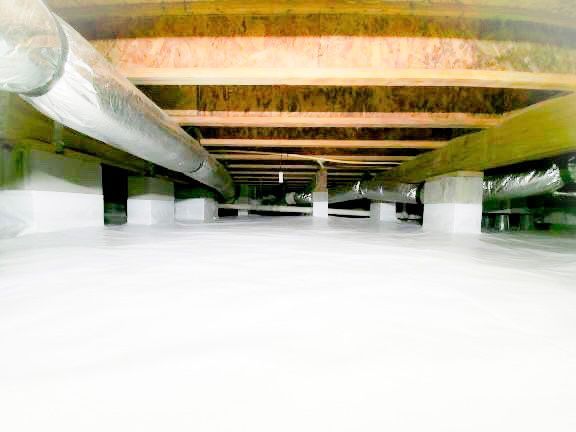
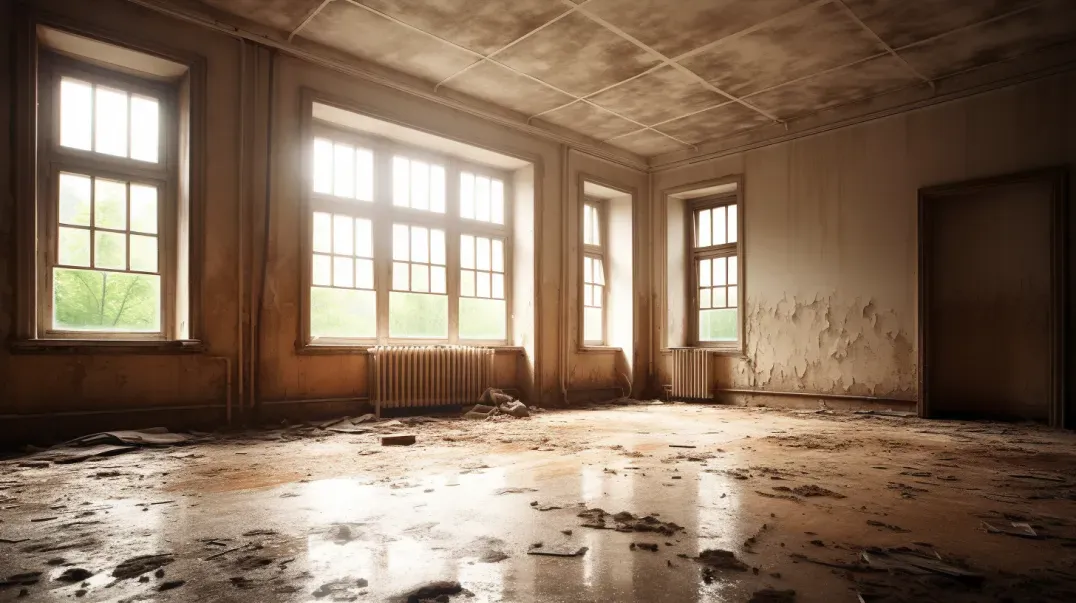
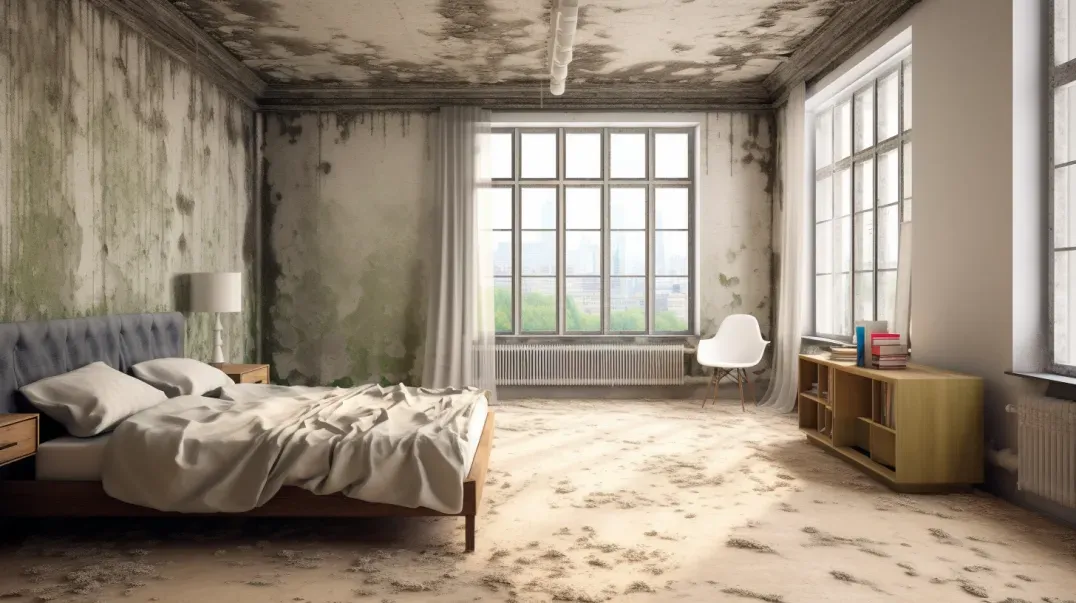
Schedule Your FREE Crawl Space Evaluation Today
There Is No Crawl Space Job We Can’t Fix!



